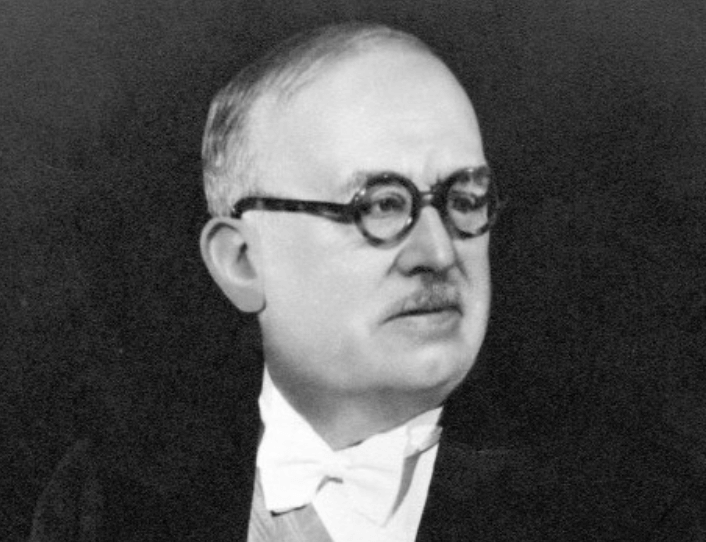Explore the life and political legacy of Vincent Auriol, the President of France from 1947 to 1954. From his early days as a Socialist activist to navigating through wartime challenges and shaping the birth of the Fourth Republic, Auriol’s story is one of resilience and political acumen.

Vincent Auriol; (1884-1966), president of France. He was born at Revel, Haute-Garonne, on Aug. 27, 1884, the son of a prosperous baker. After receiving a law degree from the University of Toulouse, he became an active member of the Socialist party and an associate of Jean Jaurès. Auriol became editor in chief of a Socialist journal, Le Midi socialiste, in 1909, but continued his law practice as well. In 1912 he married Michèle Aucouturier, daughter of a glassworker.
Soon after his election to the Chamber of Deputies in 1914, Auriol began to specialize in finance. He was exempt from army service in World War I, having lost an eye in childhood. In «1919 he was appointed general secretary of the Socialist delegation in Parliament. When the French Socialist party split in 1920, Auriol chose to follow the reformists under Léon Blum rather than the more extreme Marxist faction.
With Premier Édouard Herriot he went to London in 1924 to negotiate with the British government concerning the Dawes Plan, evacuation of the Ruhr, and the Geneva Protocol for arbitration, disarmament, and collective security. The following year he accompanied Finance Minister Joseph Caillaux to Washington to negotiate settlement of the French war debt.
After the Popular Front victory of 1936, he became finance minister in the Blum cabinet and in October agreed to devaluation of the franc. After the fall of France in 1940, he was one of the minority of legislators who voted against full powers to Marshal Pétain and dissolution of the Third Republic. Imprisoned, he was released under surveillance in 1941. He helped the French resistance until 1943, when he escaped to London and joined Gen. Charles de Gaulle’s Free French government-in-exile.
After the war he was president of the Consultative Assembly that drafted a new constitution. As president he shaped the compromises that brought the Fourth Republic into being. In November 1946 he was chosen president of the National Assembly, and on Jan. 16, 1947, he was elected president of France. During his term, he helped prevent the shifting French political alliances from degenerating into anarchy.
Auriol remained in political retirement from 1954 until 1958, when the Algerian crisis threatened the Fourth Republic. The publication of an exchange of letters between him and de Gaulle, together witli Auriol’s arguments inside the Socialist party, was decisive in swinging Socialist support to de Gaulle. In 1960, however, he publicly broke with de Gaulle, criticizing the general’s assumption of personal power. Auriol died in Paris on Jan. 1, 1966.